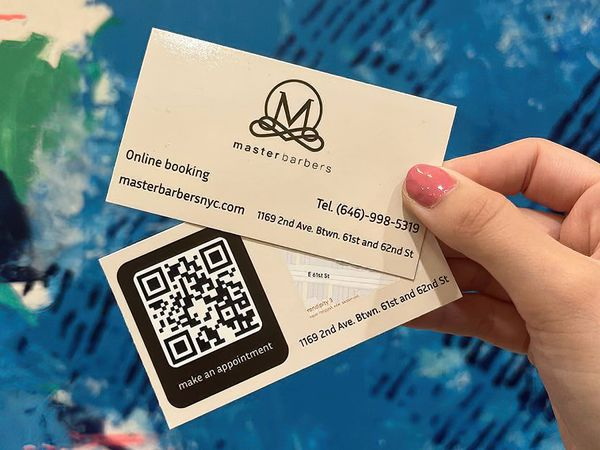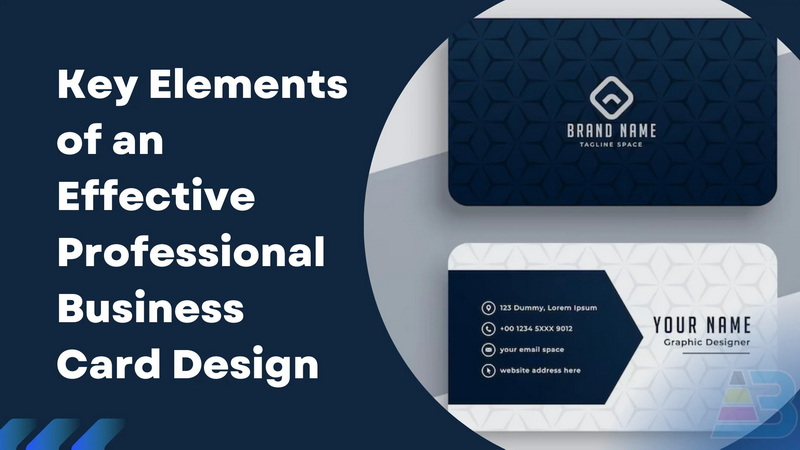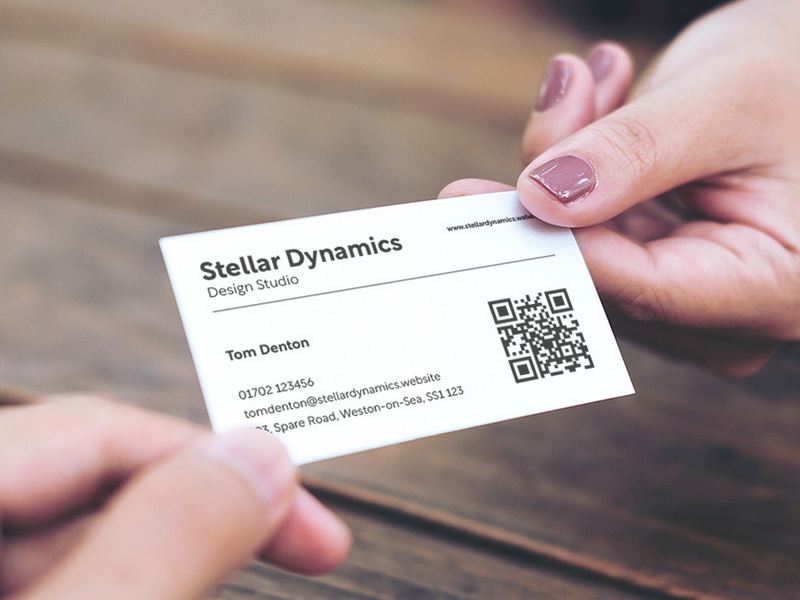Content Menu
● The Legality of Using a Business Credit Card for Personal Use
● Potential Consequences of Mixing Business and Personal Expenses
● Why Do People Use Business Credit Cards for Personal Expenses?
● Best Practices for Managing Business Credit Cards
● When Is It Acceptable to Use a Business Credit Card for Personal Expenses?
● Alternative Solutions
● Conclusion
● FAQs
>> 1. Can Using a Business Credit Card for Personal Expenses Affect My Credit Score?
>> 2. What Happens If I Accidentally Use My Business Credit Card for a Personal Purchase?
>> 3. Is It Okay to Use My Business Credit Card for Personal Expenses If I Pay It Off Immediately?
>> 4. Can the IRS Find Out If I Use My Business Credit Card for Personal Expenses?
>> 5. What Should I Do If My Business Credit Card Agreement Doesn't Specifically Forbid Personal Use?
● Citations:
Using a business credit card for personal expenses is a topic that many business owners and entrepreneurs grapple with. While it might seem convenient to mix business and personal finances, it's essential to understand the implications, potential risks, and best practices involved. This article delves into the legality, consequences, and strategies for managing business credit cards effectively.

The Legality of Using a Business Credit Card for Personal Use
The primary question on many business owners' minds is whether using a business credit card for personal expenses is illegal. Generally, it is not illegal to use a business credit card for personal purchases[1][3][5]. Credit card companies are primarily concerned with whether you are making payments, not necessarily what you are purchasing[6][11].
However, while it might not be against the law, it could violate the terms and conditions of your credit card agreement[2][3][5]. Credit card issuers often have specific clauses that restrict cardholders from using their business accounts for personal expenses[1]. Violating these terms can lead to several adverse outcomes, including account closure[2][3][5].
Potential Consequences of Mixing Business and Personal Expenses
Mixing personal and business expenses can lead to several complications and risks:
- Account Closure: Credit card issuers may close your account if they detect frequent personal use, especially if it violates their terms and conditions[3][5].
- Personal Liability: Most business credit cards require a personal guarantee, making you personally responsible for any unpaid debt, regardless of whether the expenses are business-related or personal[3].
- Tax Implications: Mixing expenses can complicate tax filings and potentially lead to audits by the IRS[5][9]. It can also result in overpaying or underpaying taxes if deductions are missed or personal expenses are incorrectly claimed[9].
- Complicated Bookkeeping: Separating personal and business expenses is crucial for accurate financial management[5][9]. Mixing them can create significant challenges in tracking and categorizing transactions, making it difficult to assess your business's financial health[9].
- Negative Impact on Credit Scores: Misuse of a business credit card can negatively affect both your personal and business credit scores[3][5]. Credit card companies use algorithms to detect patterns indicative of personal use, such as purchases at personal spending merchants, unusual spending patterns, and charges outside business hours[9].
- Breach of Fiduciary Duty: For employees or executives, using a company card for personal expenses may be seen as a breach of trust or fiduciary responsibility[9].
- Fraudulent Activity: In extreme cases, extensive personal use of a business card could be interpreted as fraudulent activity, especially if the expenses are misrepresented as business costs[9][10].
Why Do People Use Business Credit Cards for Personal Expenses?
Despite the potential risks, there are several reasons why business owners might use their business credit cards for personal expenses:
- Convenience: It can be tempting to use a business card for personal purchases, especially when it's readily available and offers attractive rewards[5].
- Higher Spending Limits: Business credit cards often come with higher spending limits than personal cards, making them appealing for significant personal expenses[8].
- Rewards and Perks: Many business credit cards offer lucrative rewards programs, such as cashback, travel points, and other perks that can be used for personal benefits[8].
- Emergencies: In emergency situations, a business credit card might be used for personal expenses out of necessity[9].
Best Practices for Managing Business Credit Cards
To avoid the pitfalls of mixing personal and business expenses, it's crucial to implement best practices for managing business credit cards:
- Separate Expenses: The most effective way to avoid complications is to keep personal and business expenses entirely separate[9]. Use a dedicated personal credit card for all personal purchases and a business credit card solely for business-related expenses[9].
- Monitor Transactions: Regularly monitor all transactions on your business credit card to identify and flag any personal expenses[9].
- Reimburse Expenses: If you accidentally use your business card for a personal purchase, immediately reimburse your business account for the amount[9].
- Document Everything: Keep detailed records of all business transactions, including receipts and invoices, to ensure accurate bookkeeping and tax filing[9].
- Review Card Agreement: Familiarize yourself with the terms and conditions of your business credit card agreement to understand the specific rules regarding personal use[2].
- Establish a Clear Policy: If you have employees with access to business credit cards, establish a clear policy outlining acceptable and unacceptable uses[9][10]. Ensure that all employees understand the consequences of misusing the card[10].
- Use Accounting Software: Utilize accounting software to track and categorize expenses accurately[9]. This can help you maintain a clear separation between personal and business finances[9].
- Regular Audits: Conduct regular internal audits to ensure that business credit cards are being used appropriately and in compliance with company policy[9].
- Communicate with Your Accountant: Consult with your accountant or tax advisor to understand the tax implications of using a business credit card and to ensure compliance with IRS regulations[4].
- Avoid Cash Withdrawals: Refrain from using your business credit card for cash withdrawals, as these can be challenging to track and categorize[4].

When Is It Acceptable to Use a Business Credit Card for Personal Expenses?
While it's generally not recommended, there might be specific situations where using a business credit card for personal expenses is acceptable:
- Emergencies: In genuine emergency situations, such as unexpected medical expenses or urgent travel needs, using a business credit card might be necessary[9]. However, it's crucial to document the situation and reimburse the expense as soon as possible[9].
- Explicit Company Policy: Some companies might have a policy that explicitly allows for personal use of business credit cards under certain conditions[9]. In such cases, it's essential to follow the policy guidelines and document all expenses[9].
- Reimbursable Expenses: If you incur personal expenses while traveling for business (e.g., meals), these might be reimbursable by the company[9]. Ensure that you follow the company's expense reimbursement policy and keep detailed records of all expenses[9].
Alternative Solutions
If you find yourself frequently needing to cover personal expenses with a credit card, consider these alternative solutions:
- Personal Credit Card: Apply for a personal credit card with a high credit limit and attractive rewards program[8]. This will allow you to keep your personal and business expenses separate while still enjoying the benefits of credit card usage[8].
- Line of Credit: Consider obtaining a personal line of credit for unexpected expenses[2]. This can provide a safety net without the need to mix personal and business finances[2].
- Savings Account: Maintain a dedicated savings account for emergencies and personal expenses[9]. This can help you avoid relying on credit cards for unexpected costs[9].
Conclusion
While it is not illegal to use a business credit card for personal expenses, it is generally not a good practice. It can violate the terms and conditions of your credit card agreement and lead to several negative consequences, including account closure, tax complications, and damage to your credit scores. To avoid these pitfalls, it is essential to keep personal and business expenses separate, monitor transactions regularly, and establish a clear policy for business credit card usage. By implementing these best practices, you can effectively manage your business credit card and maintain a healthy financial standing for both your business and personal finances.

FAQs
1. Can Using a Business Credit Card for Personal Expenses Affect My Credit Score?
Yes, misusing a business credit card can negatively affect both your personal and business credit scores[3][5]. Credit card companies use algorithms to detect patterns indicative of personal use, such as purchases at personal spending merchants, unusual spending patterns, and charges outside business hours[9]. If they detect misuse, they may report it to credit bureaus, which can lower your credit scores[9].
2. What Happens If I Accidentally Use My Business Credit Card for a Personal Purchase?
If you accidentally use your business credit card for a personal purchase, the best option is to pay it off as soon as possible to avoid any penalties[2][3]. Notify relevant parties and flag the charge so it's not included in your business accounting[5]. Reimburse your business account for the amount of the personal purchase immediately[9].
3. Is It Okay to Use My Business Credit Card for Personal Expenses If I Pay It Off Immediately?
Even if you pay off the personal expense immediately, it's still not a good practice. Credit card companies may still detect the personal use and take action, such as closing your account[3][5]. Additionally, mixing personal and business expenses can complicate your bookkeeping and tax filings[5].
4. Can the IRS Find Out If I Use My Business Credit Card for Personal Expenses?
Yes, the IRS can find out if you use your business credit card for personal expenses during an audit[9]. If you misrepresent personal expenses as business costs, it could be considered fraud, which can lead to penalties and legal consequences[9]. Maintaining clear separation between the two is crucial to avoid potential issues with the IRS[9].
5. What Should I Do If My Business Credit Card Agreement Doesn't Specifically Forbid Personal Use?
Even if your business credit card agreement doesn't specifically forbid personal use, it's still best to avoid it. Mixing personal and business expenses can complicate your bookkeeping and tax filings, and it can be challenging to track and categorize transactions accurately[5]. To avoid any potential issues, it's always best to keep personal and business expenses entirely separate[9].
Citations:
[1] https://www.creditstrong.com/is-it-illegal-to-use-a-business-credit-card-for-personal-use/
[2] https://ramp.com/blog/can-you-use-business-credit-card-for-personal-use
[3] https://www.chase.com/personal/credit-cards/education/basics/can-i-use-a-business-credit-card-for-personal-expenses
[4] https://www.businesscreditworkshop.me/articles/is-it-illegal-to-use-a-business-credit-card-for-personal-use-more-answers/
[5] https://www.bankrate.com/credit-cards/business/using-business-credit-card-for-personal-expenses/
[6] https://www.reddit.com/r/amex/comments/m1p9or/business_card_for_personal_expenses/
[7] https://www.creditsuite.com/blog/is-it-illegal-to-use-a-business-credit-card-for-personal-use/
[8] https://www.lexingtonlaw.com/blog/credit-cards/business-credit-card-personal-use.html
[9] https://www.costanalysts.com/learning/can-you-use-a-business-credit-card-for-personal-use/
[10] https://www.getmoss.com/guide/en/company-card-misuse/
[11] https://www.reddit.com/r/CreditCards/comments/16jrdbe/can_you_use_business_cards_for_personal_expenses/
































